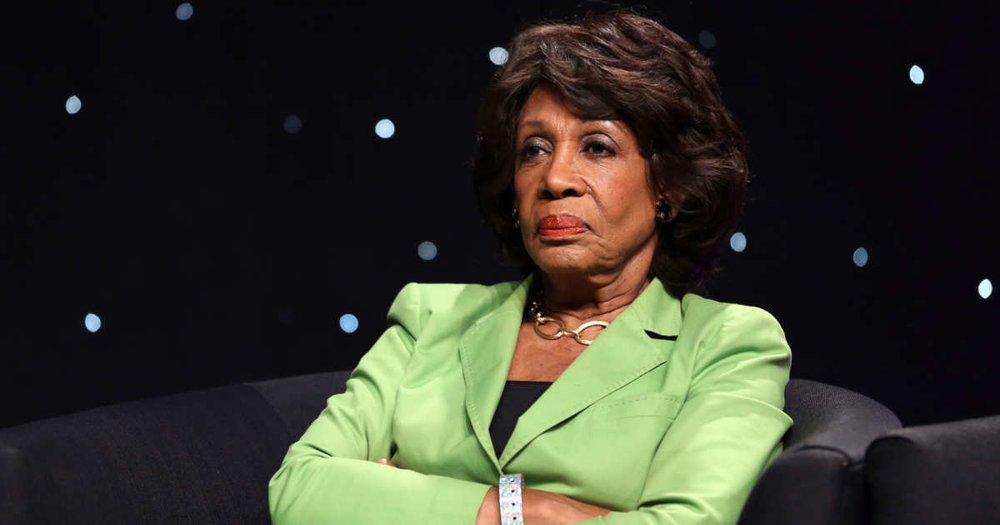This article is from our friends over at Fairygodboss, where it was first published.
As much as I struggle with networking, I constantly remind myself that it’s one of the most effective ways to build connections, influence and bandwidth in the business world. Meeting other people in your industry (and elsewhere) allows you to create relationships that can benefit your professional long-term success.
However, a small professional network with a few people that do the same job or are in the same place in their career, isn’t as helpful as a diverse one. Your professional network should include CEOs, specialists, veterans, retired professionals and more because each type of person can provide different kinds of value, from mentoring to funding to brainstorming.
It can even include professionals like your accountant and freelance web designer — everyone provides value in their own unique way, which makes your circle more valuable.
“Focus on meeting and building a diverse group of individuals and surround yourself with people who can help you reach specific business goals,” suggests entrepreneur Ted Rollins. “Commit to your purpose, and as these relationships grow, consider how they fit into that burgeoning ‘why.’ Someone could be valuable in expanding your business, while another person would serve you best in a mentor role.”
When building your diverse professional network, keep these five types of people in mind. Each one plays a part in helping you grow your business, enhance your skill sets, formulate new ideas and leverage your “social capital” in the workplace.
The next time you attend a networking function, be on the lookout for these people and make a concerted effort to build authentic relationships with them.
1. An Accountability Partner
For me: this is my career coach. While my career coach and I don’t work together consistently, we communicate regularly. She understands my goals and motivates me to actualize them. You can rest assured that you’ve found the ideal accountability partner when this individual recognizes the potential of what you’re aiming for and is invested in supporting you through the process.
Your accountability partner will urge you to meet specific deadlines and certain expectations, then follow-up with you on a consistent basis. “In fact, this accountability person might even bother you by asking for an update when you’re not ready. That’s a good sign,” points out Cathy Paper, business development coach and president of RockPaperStar.
2. A Financial Expert
For me: this is my husband and my accountant. This person has experience with generating a profit, managing cash flow, finding tax write-offs and making wise investments — that’s my accountant. My husband has been instrumental in organizing the finances of my business, making sure we save enough for taxes each year and providing me with a lot of personal financial advice, something he’s both knowledgeable about and interested in.
You can depend on this financial expert (or in my case, “experts”) to guide you toward the most fiscally responsible decisions for both your business expenses and revenue. Often, this person will charge for their services, but it’s worthwhile to have someone proficient in money management on your team — especially for start-ups.
A recent analysis from XERO found that 42 percent of businesses that haven’t failed describe their relationship with their accountant or bookkeeper as “excellent” versus just 27 percent of those whose company failed. “Our research suggests that forming strong relationships with a professional financial advisor is beneficial to the longevity of the business,” explained the study’s authors.
3. An Idea Person
For me: this is an old co-worker and good friend. This person is a visionary or creative genius with a knack for “big picture” conceptualizing and an energy for discussing half-baked projects at length. Whenever I have an idea, I go to a great friend of mine, who is also in social media and fitness. This relationship is a mutual one — we’re always sharing ideas and feedback with one another.

You need this person because they won’t discourage your ambitions with logic, but rather mobilize you into action with their enthusiasm and ingenuity. They function as both a soundboard and collaborator. In both cases, they provide feedback, critiques and process revisions when needed.
This is essential, according to John Eades, the CEO of LearnLoft. “Have someone who can listen to ideas and quickly pass some kind of judgment,” he wrote for Inc Magazine. “The best collaborators have great imaginations, and ideation is reciprocal.”
4. A Professional Mentor
For me: this is my boss and the lead trainer at my gym. This person can provide feedback and strategic ideas to enhance your career growth. “A mentor is someone whose knowledge and experience the mentee respects,” explain the experts at CommonGood Careers. “Mentors do not necessarily need to be the most senior person at an organization or within the field. The right mentor depends on what knowledge the mentee hopes to gain.”
There are two other important factors when choosing a mentor:
- How long they’ve worked in the industry
- Whether you have a natural rapport and connection with them

I found my professional mentor by walking into a gym that looked small enough to not be intimidating. (I was newly certified and had never done any personal training before.) As it turned out, he’d been in the business for 20 years and held a wide variety of roles from general manager to director of marketing. What’s more — he was so kind and he continues to be one of the nicest people I know. That’s how I knew I could get honest and authentic advice, which is what you want from a professional mentor.
Note that your mentor doesn’t need to be older than you either. The lead trainer, who I also consider a mentor, is two years younger than me but has been in the business for five years longer than I have. She’s knowledgeable and is always offering advice and feedback, which is all that matters.
5. An Industry Outlier
For me: this is an amazing real estate agent. This person is either outside of your department or working in a different industry altogether. The industry outlier I look to is a real estate agent duo: my good friend and her husband who have already made a name for themselves in the San Diego market — just after two and a half years of being in business.

She and her husband happened to already be friends of mine, but you can meet this individual anywhere, from a workout class to a volunteer group. You have options — because they don’t need to be a part of your industry.
The Muse co-founders Alexandra Cavoulacos and Kathryn Minshew explain that an industry outlier can also “offer fresh approaches to solving problems and [lend a] broader perspective on your work.”
Don’t underestimate the importance of cultivating a strong network of dedicated people who care about your success. Advancing in your career requires the encouragement, support and investment of a diverse group of people who can do exactly that.
About the Author
Jessica Thiefels has been writing for more than 10 years and is currently a full-time writer, content marketing consultant and business owner. She’s been featured in Forbes and Business Insider and haS written for Glassdoor, Manta, Lifehack and more. Follow her on Twitter @Jlsander07 and connect on LinkedIn.

